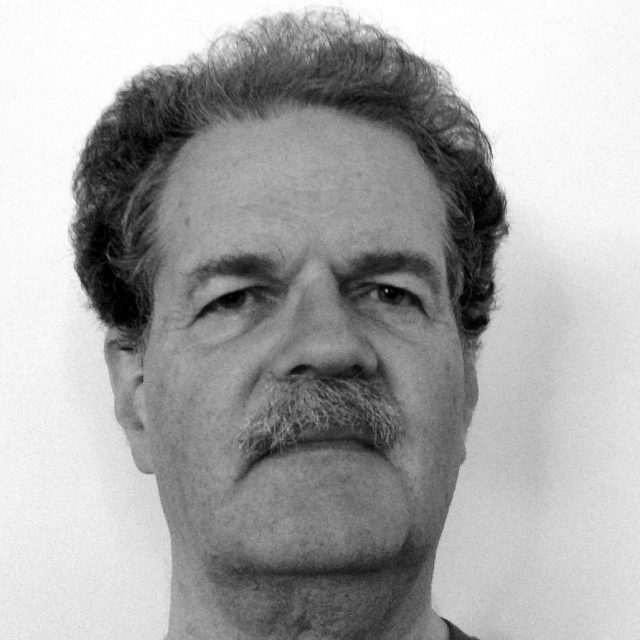David Bradley
Resilience Linguistics: What Is to be Done With Endangered Languages?
Speaker
-
David Bradley

David Bradley
David Bradley is President of CIPL and Emeritus Professor of Linguistics at the La Trobe University. Graduate (AB) of Columbia University as a student of Matisoff and Labov, PhD from School of Oriental and African Studies, U of London as a student of Henderson and Sprigg. His extensive fieldwork and publication is on a variety of Tibeto-Burman languages in Thailand, China and elsewhere. Specialising in sociohistorical linguistics, especially concerning endangered languages.
Abstract →
David Bradley
Resilience Linguistics: What Is to be Done With Endangered Languages?
Most of the languages of the minority groups in the world are receding under pressure from national and other dominant languages, many are endangered to various degrees, and some are no longer spoken at all. Linguists have long been aware of this problem, and CIPL has made it a key focus of its activities since 1991.
Members of most minority groups around the world have other more pressing issues to confront: lack of control over traditional land, restricted access to education, health and other essential services, social and economic disadvantage, overt or covert discrimination, and so on. We cannot expect people to make their language a priority over essential human needs.
What linguists can do is threefold: first is for each of us to document a language through a grammar, dictionary and relevant texts; second is to work with the community who speak that language to help them to achieve the best outcome for the future of their language, according to their own needs and desires. A third and sometimes neglected area is to work at the national and other levels to achieve greater recognition of the mother tongue as a human right and to support policies to protect and enhance language rights.
Resilience Thinking is a paradigm widely used in ecology and elsewhere, which is also relevant for us. Resilience Linguistics requires a clear understanding of as many as possible of the factors leading to language endangerment; awareness and acceptance of the current situation as a starting point; and a goal which may be different from any earlier state of the language, and which may change through time. All available resources can be used to reclaim whatever language use a community wants and can realistically achieve. This requires both our usual skills as well as others such as motivating and training in-group colleagues, sometimes orthography and teaching and other materials development, and making our academic outputs in a form accessible to and useful for the community in their efforts.
Reclaiming the language of a community starts with the community, and the primary factor in its success is the strength of positive community attitudes, especially concerning the use of their language. The process will be different depending on the stage the endangerment has reached, and the goals need to be realistic so that slow or limited progress does not lead to increasingly negative feelings.
I will report on some specific examples of language reclamation from my own work, mainly in Thailand and China. These illustrate some of the issues involved, and the likelihood that some currently endangered languages will no longer be spoken by the end of this century, whatever we do now. However, if we do our documentation well, these resources may later be used by the descendants of the community for language revival, which is becoming much more widespread among indigenous minority groups in developed-world nations.
An extended discussion of all these issues and a variety of case studies are in David Bradley and Maya Bradley, Language Endangerment, published by Cambridge in 2019.
